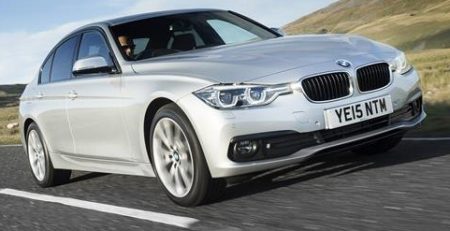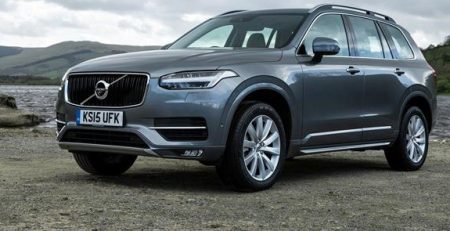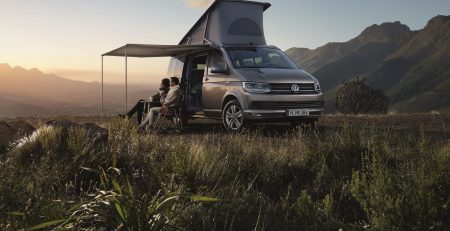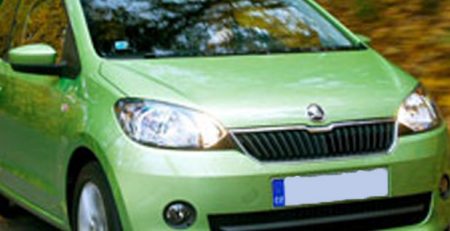Maximise resale value of your new BMW with these specs Specify you factory ordered car properly with a BMW configurator. Th read more
Buying a car from a dealership
Typically you are safer with a franchised dealer than an independent, and the larger the dealership group the more chance you have of a satisfactory outcome should you need to complain.
Dealerships will usually take your existing car as part exchange - read our tips on selling your car by part exchange here.
If you are planning to use secured finance e.g. Hire Purchase, Personal Contract Purchase, or Lease Purchase, most lenders will only finance cars bought from a dealership.
Top tips
Before approaching the dealer to negotiate, check the car value through Parkers, CAP, Glass's.
Often dealerships will offer less discount on a new car if they need to factor in a part exchange. This allows them to add more value to the part exchange price. It might be worth discussing the new car price first, before requesting a price for your part exchange. This will give a clearer view on how much you are receiving for your current vehicle.
Dealerships may not let you pick up the car on the same day, for example, if they need to put a new MOT on the car, or do other work to the vehicle. Always check in advance if you need to drive the car away.
Advantages
Usually a quick and simple process.
Most dealerships give you a warranty for three, six or 12 months after purchase.
You have consumer rights should you buy the car and then discover a fault. This allows you to return the car to the dealership if there was a fault with the car on purchase.
If you have finance on your existing vehicle the dealership will usually be able to organise the repayment on your behalf.
Disadvantages
It may be more expansive than buying a car from auction or private sale.




